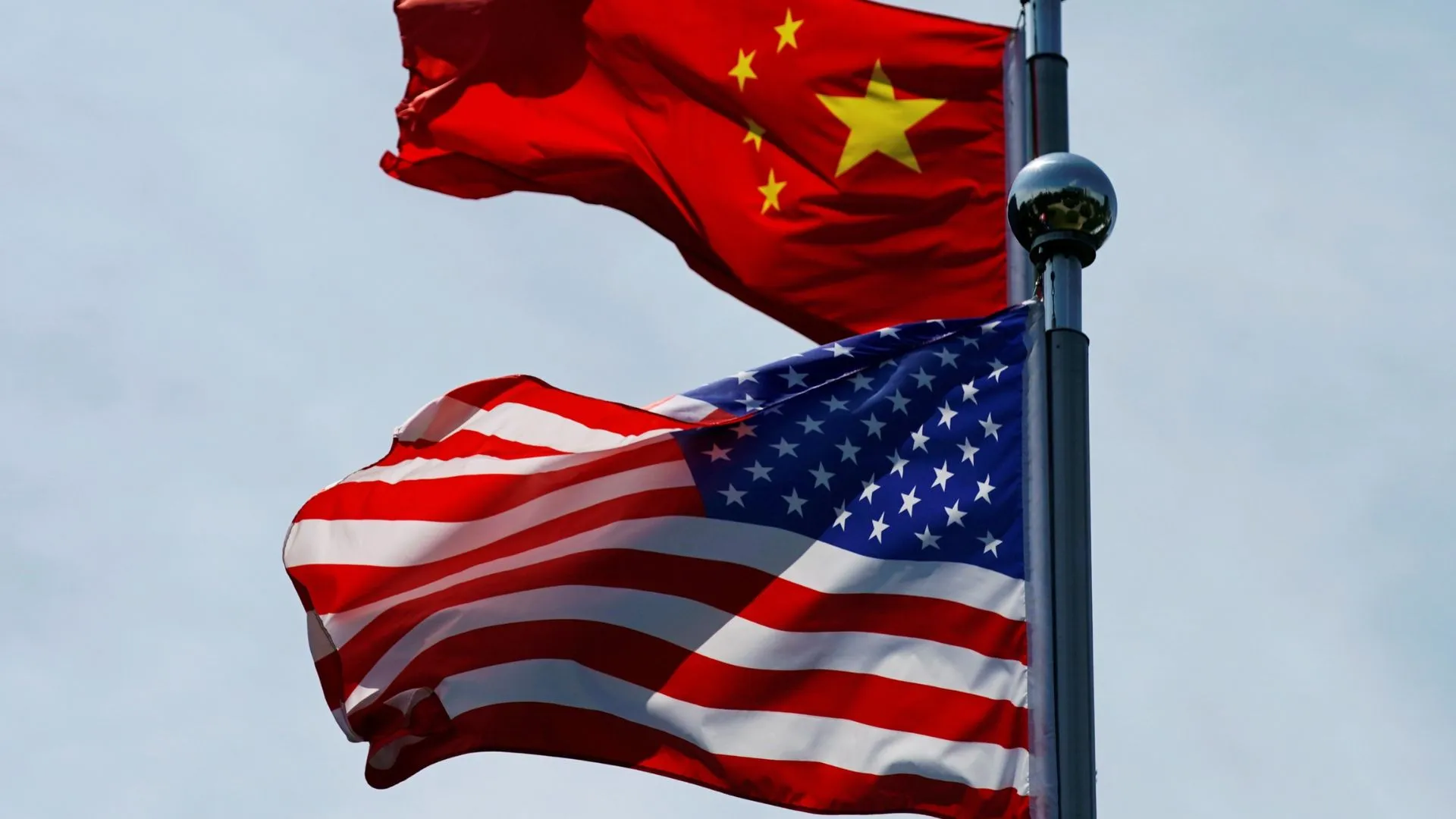China and the US have just reached a 90-day trade truce following upper-level negotiations in Geneva. The two sides have promised to lower tariffs on a temporary basis, providing a short respite from their current economic standoff. But this fragile peace may be shattered by the torrent of misinformation regarding China-US trade sweeping across social media networks.
This virtual war of stories puts diplomatic gains at risk, from reused video clips of panic shopping to a variety of fictional online identities targeting American corporations.
Viral Falsehoods Spark Panic on Social Media in China
Deceptive videos are trending on Chinese social media platforms such as Weibo and Douyin. The videos claim that American shoppers are desperately buying televisions with Chinese brands. In reality, it’s an old clip from 2018 Black Friday sales in the US. Regardless of the inaccuracy, Chinese state media publications such as China Daily reported it with sensationalized headlines.
One of the headlines stated, “Americans are starting to stock up like crazy amid tariffs.”
While the video contained a “file footage” watermark, it contributed to anti-American rhetoric online. The false reports continued—claiming Americans were flying over to China to buy in bulk. Posts even made unsubstantiated claims that Americans were stockpiling essentials because they couldn’t find basic supplies.
These are not random stories, experts say. Chinese officials might be choosing these types of stories to serve Beijing’s interests by portraying the US as economically desperate, thereby strengthening China’s bargaining hand, says Johns Hopkins University’s Andrew Mertha.
Misinformation Hits US Brands
On X (then Twitter), a bot-fueled operation was found by disinformation monitoring group Cyabra. Thousands of fake accounts promoted false information about luxury brands such as Chanel and Gucci. These companies branded their products as “Made in France” or “Made in Italy,” but the bots declared that they were actually produced in China.
They called on Chinese consumers to boycott foreign brands and blamed US trade policies.
Cyabra CEO Dan Brahmy described it as a “digital blitz.” The indignation they created was real and intense, even though most of the accounts were faked.
Increasing Public Confusion
Chinese people are reacting with concern. Friends in China asked Chicago-based content creator Vivian Wei if US supermarkets had run out of eggs and other essentials. Some even warned against visiting the United States. When Wei went to supermarkets in Chicago, she did not see half-empty shelves. But enthusiasm in China kept building on social media.
In geopolitics, deception has become a crucial tool. Officials warn that those falsehoods will evolve as negotiations go on. Whether true or false, Mertha believes the goal is to influence public opinion and promote China’s negotiating tactics.
The digital-age trade war is really a war over information, not tariffs. In addition, facts are already being challenged in that war.






















